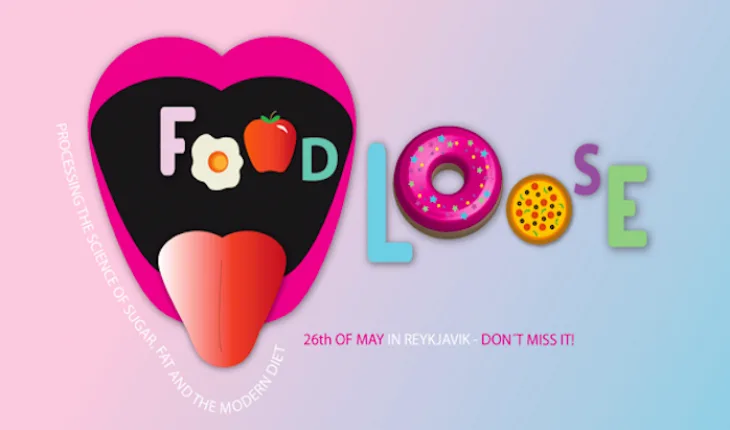Despite decades of public dietary guidelines devised to optimise human health, the world is now facing an unprecedented global epidemic of obesity and diabetes; threatening to bring the modern health care system to its knees.
In this same era we have seen radical changes in the food environment of the Western world. Processed food has become a big part of the regular diet, vegetable oils and margarine have replaced animal fat, and the average sugar consumption has dramatically increased.
In recent years we have seen a plethora of different diets emerge in an attempt to reverse the issues with the standard Western diet: The Paleo Diet, The Mediterranean Diet, The Low Carbohydrate High Fat Diet, and the Low Fat Plant-Based Diet to name just a few. Each of these diets stakes the claim that it is optimal for human health, yet each differs significantly from in its recommendations regarding what food people should eat or avoid.
Then there are others that say that carbs and fat do not matter, and our problems are simply caused by people overeating and exercising too little. No wonder we are confused….
But is there order in the chaos?
Why do we get fat? Do certain foods contribute more to obesity, diabetes and heart disease than others, or are all calories created equal? For the average person looking to get healthier and perform better at work and at home, are there certain things they should focus on?
And is there such a thing as a one-size-fits-all approach when it comes to optimal human nutrition?
www.icelandichealthsymposium.is/foodloose/
- New lipid-based pathway discovered as key to memory formation - 25th June 2025
- Crucial link could explain how Alzheimer’s takes hold - 25th June 2025
- Understanding Your Mind Can Improve Daily Life - 25th June 2025







